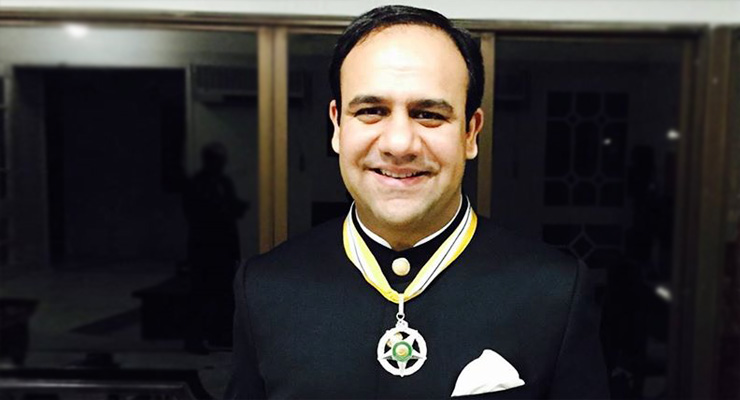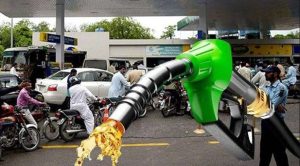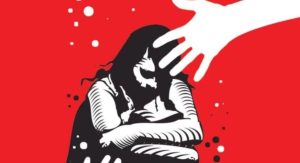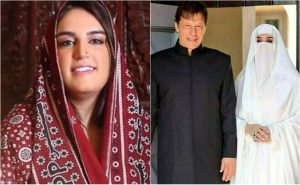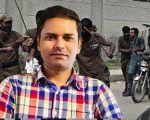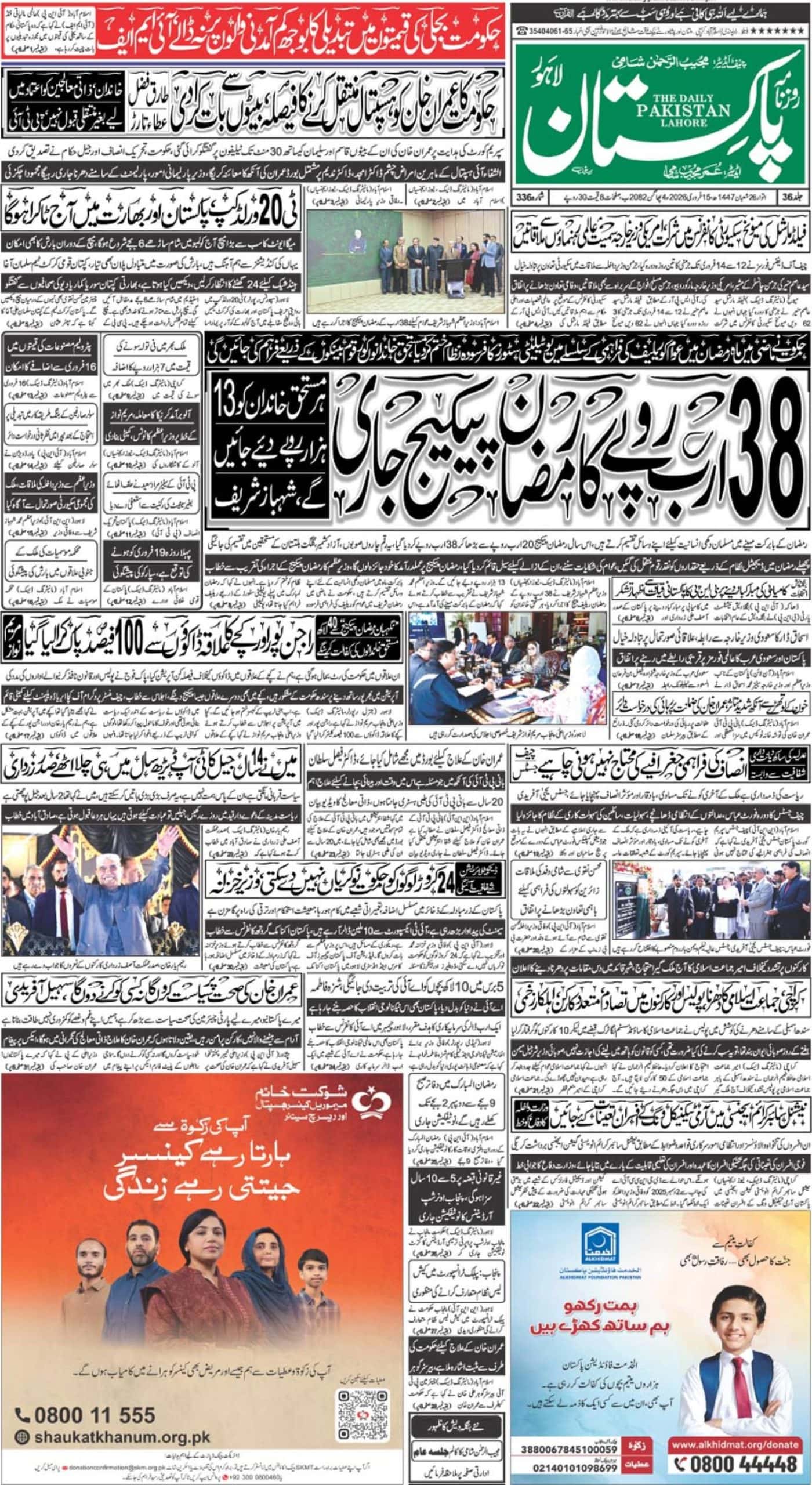LAHORE – Pakistani computer scientist Dr Umar Saif has been appointed as the United Nations Educational, Scientific and Cultural Organisation (UNESCO) Chair for using Information and Communication Technology for Development (ICTD).
This will help Pakistan become a centre of excellence in using Information Technology for development, especially use of technology to address the UN Sustainable Development Goals (SDGs), according to a press release.
“This UNESCO chair is a huge honour for Pakistan and is a recognition of our work in using technology to solve problems of the developing world, including access to education, better healthcare, technology-enabled agriculture practices, rural Internet connectivity and digital financial inclusion,” the PITB chief said.
Dear friends I have been awarded the UNESCO Chair for using ICT for Development. This is a moment of pride for Pakistan and a recognition of our work in the past 10 years. https://t.co/7G2qlYy9LS
— Umar Saif (@umarsaif) April 18, 2018
“This chair will help Pakistan become a global hub of ICTD… with this, ITU will establish collaborations with world-leading universities such as United Nations University (UNU), Carnegie Mellon University (CMU) and the University of Washington,” he added.
Dr Umar Saif, who heads the Punjab Information Technology Board overlooking all public sector IT projects in the country’s most populous province, is a graduate of the Massachusetts Institute of Technology and Cambridge University. He is the first Pakistani to be named as one of the top 35 innovators in the world by MIT Technology Review (TR35) in 2011, and a Young Global Leader by the World Economic Forum in 2010.
Saif is also the only Pakistani who has received the Google Faculty Research Award, Mark Weiser Award, MIT Technovator Award and Microsoft Research Digital Inclusion Award. He was also awarded the British Council Outstanding Alumni Award in 2017.
He was bestowed the Sitara-e-Imtiaz by Pakistan Government in 2014, and has been named among the most influential Muslims in the world in 2014-2018.

